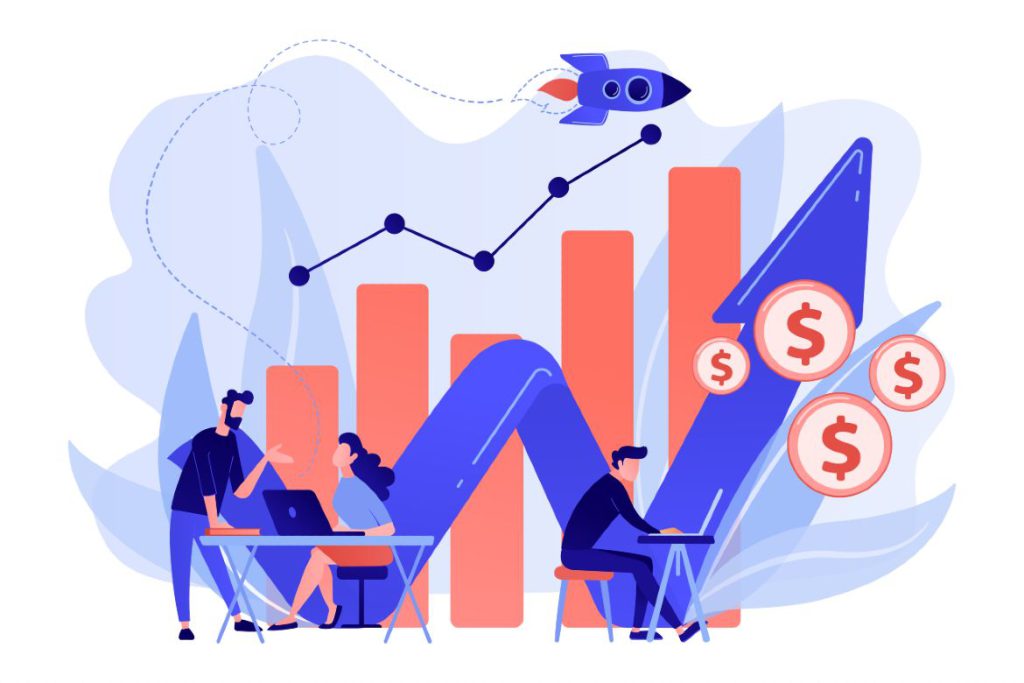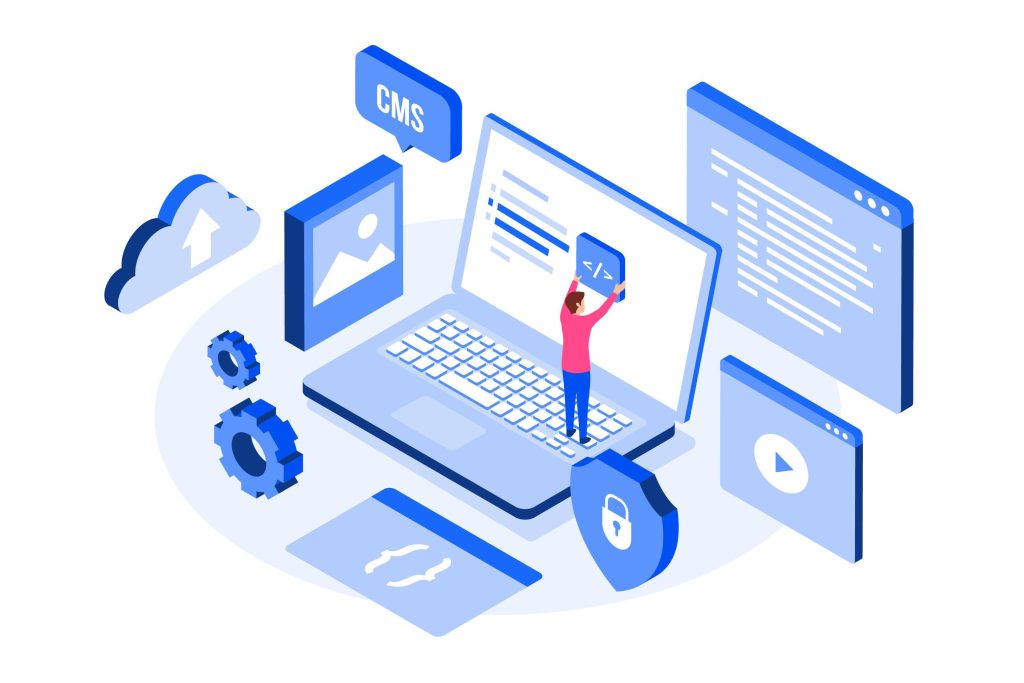Software Development Hiring Trends: What to Expect in 2026
In 2026, I think software hiring will be shaped less by “will there be roles?” and more by which roles, how teams operate, and why candidates choose to join. Demand will intensify in fintech, medtech, AI-powered SaaS, and platforms doing digital transformation at scale. Irish tech talent will continue to be courted by global teams thanks to hybrid/remote flexibility.
What Will Drive Software Development Hiring in 2026?
We’re already seeing some: fintech, medtech, SaaS, and AI companies are expanding their engineering capacity. The shift to digitise regulated industries (healthcare, insurance, financial services) is pushing demand for engineers who understand domain compliance, data privacy and robustness. Meanwhile, AI-powered tools and application layers are creating fresh development backlogs. As Atlassian’s CEO put it recently, “we’re hiring more engineers, not fewer—even with AI writing parts of code”.
From an Irish recruiter’s lens, hybrid and remote working is now a permanent fixture, not a perk. That means a Dublin-based SaaS or AI company is competing for the same developer who lives in Cork, Galway, or even in Berlin or Lisbon. That widens competition, drives salary inflation, and forces employers to differentiate not just on tech, but on culture, autonomy, and support for growth. Finally, digital transformation projects in large enterprises—modernising legacy stacks, migrating to cloud, integrating AI layers—will be major drivers of demand, especially for mid-senior developers who can bridge both old systems and new architectures.
Which Developer Skills Will Be in Highest Demand in 2026?

- AI/ML adjunct skills – Not just full AI engineers, but developers fluent in using AI-assisted tools (e.g. prompt engineering, model integration). I believe AI will assist, not replace, developer work.
- Cloud-native & distributed systems – Kubernetes, observability, microservices, event-driven architectures. As SaaS and fintech scale, I think engineers who can design for resilience and scale will stand out.
- API & integration expertise – Connecting systems, building data pipelines, and creating edge connectors will remain key as ecosystems become more modular.
- Security-first mindset – As engineering moves faster, building in security (DevSecOps) and privacy compliance will become more advanced.
- Low-code/no-code fluency – Engineers who understand how to integrate or extend low-code platforms will help organisations move faster.
- Soft skills & domain fluency – I think Problem-solving, communication, cross-functional collaboration, business understanding—the “bridge” skills—will become differentiators in interviews and in-team performance.
What Hiring Challenges Will Employers Face in 2026?
Shortage of mid-senior level developers. While there’s a large junior pool, the experienced engineers—those with 4–8 years of experience who can take ownership—are always in short supply. Scaling teams without these anchors will be difficult.
Rising salary expectations and competitive offers. From GemPool’s 2026 tech salary guide findings so far, software and app development roles are seeing projected salary growth of 2.3%, while AI/ML and niche roles grow faster. That compounds existing pressure: Irish tech salaries have already been creeping upward, with Irish senior developers in Dublin seeing average base compensation above €90–110k in some contexts.
Retention difficulties. Developers increasingly prioritise flexibility, continuous learning, modern tooling, autonomy, and meaningful work. It’s no longer enough to offer ping-pong tables and snacks. I think that if your stack is old, your processes are slow, or your roadmap is uninspiring, your attrition will be high.
Hiring velocity & process inefficiencies. Top candidate windows are short. If your interview loops drag, you risk losing them. In 2026, hiring teams will need leaner, more predictable processes, and stronger recruiter-engineering partnerships.
What Can Software Developers Expect From the 2026 Job Market?

- Interviews will test more than the basics. Expect scenarios that evaluate your thought process, trade-offs, adaptability, and domain understanding. I think the days when whiteboard puzzles dominated are giving way to take-home case studies, pair-coding, and business-context problem designs.
- Project-based roles will surge. Many firms will move to “deliverable-based engagements” rather than full-time hires, especially for components of transformation or AI integration.
- Continuous learning & upskilling will be a differentiator. Developers who invest in newer domains—AI/ML integration, generative tools, cloud, observability, edge computing—will have an edge. I believe those who rest on older specialties will find fewer opportunities.
- Mobility will expand. Hybrid/remote means roles are less constrained by geography—Irish candidates may be hired by continental or US-based teams without relocation. But that also means more competition.
Looking Ahead: Salary Insights for 2026
To be transparent: these predictions are speculative, but grounded by current data. In Dublin, senior engineers at top-tier SaaS or AI firms already report an average base compensation of €90–110k+. Outside Dublin, developers in Ireland can expect €75–100k+ for experienced roles. Remote-first firms are offering globally competitive packages
Looking to 2026, I’d expect base salaries in Ireland to creep upward by 2–3% in many firms, with further increases in AI, ML, security, and data-specialist roles—possibly 5+% or more. This is in line with GemPool’s salary guide projection that specialised roles (AI, security, cloud) will command higher increases than general devs. Also, bonuses, equity, learning budgets, and flexible benefits will become as essential as the base salary.Here at GemPool are preparing our 2026 Salary Guide now. If you’d like early access or a preview breakdown for Dublin / Ireland, register your interest with us—and we’ll send you something exclusive before it’s released to the general public.
Final Thoughts
If you’re a developer or hiring manager in Ireland today, keep on top of your strategy to market. The competition for talent will intensify in 2026—not because roles disappear, but because expectations shift. Developers who stay curious, build in domain fluency, and show adaptability will thrive. Hiring teams that streamline processes, respect candidate expectations, and differentiate on growth & culture—not just money—will win.

